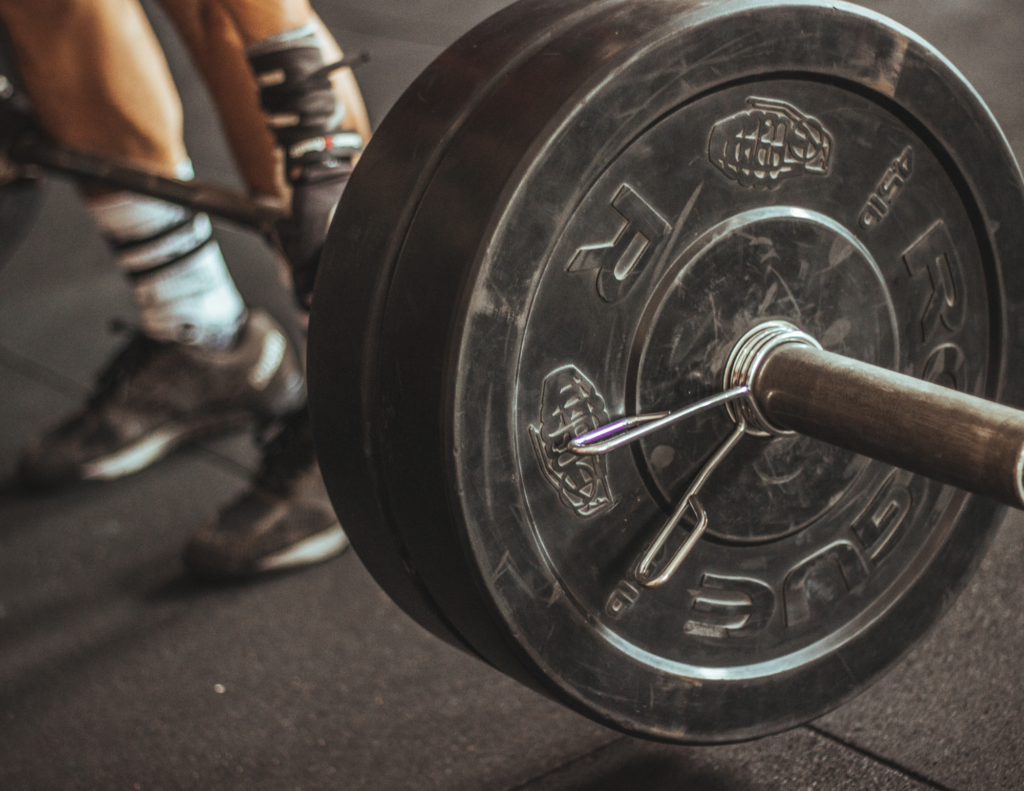
As a fitness trainer and yoga teacher, I strongly advocate for women to incorporate the three essential elements of fitness: strength, flexibility, and balance. Through my experience, I have observed that neglecting any one of these pillars can increase the likelihood of injuries and decrease the effectiveness of workouts. These three components work synergistically to enhance overall fitness and prevent injury.
Weightlifting is an effective method for women aged 50 and above to build and strengthen their muscles. It is a crucial aspect of maintaining good health that is often overlooked. If more people were aware of the benefits of weightlifting and exercise in general, fitness centers would likely have longer lines than doctors’ offices. Here are just a few of the many benefits:
Gain stability, strength, and balance:
Increased bone strength! Resistance training has been shown to help maintain bone density. This means that if you were to fall, your muscles would be stronger, allowing you to hold your body up more easily. Additionally, stronger bones make you less prone to injuries. Regular exercise, especially when combined with body-balancing activities such as yoga, can greatly enhance your stability and reduce the risk of falls in the first place!
The loss of muscle mass can reduce strength, affecting balance and coordination.
Falls are the primary cause of injury and mortality among older adults, according to the National Council on Aging.
Falls pose a threat to both safety and independence and can result in significant personal and economic costs. Regular exercise can improve mobility and coordination, lowering the chances of falling, and decreasing the likelihood of injury in the event of a fall.
Menopause-related sleep disturbances can cause fatigue, which can be alleviated by regular exercise. Weightlifting, in particular, can increase muscle mass, leading to higher testosterone production. Testosterone is linked to energy and sexual health.
Better cognition:
Alzheimer’s disease has a greater impact on women than men. Approximately 66% of Americans with Alzheimer’s are women, as per the Alzheimer’s Association. However, engaging in physical activity, such as resistance training, may enhance certain cognitive functions in various diseases or conditions that affect cognitive abilities. The American Council on Exercise states that exercises like strength training have beneficial effects on cognition, such as improving attention, planning, problem-solving, working memory, cognitive flexibility, abstract thinking, self-control, initiative, emotional regulation, inhibitory control, moral reasoning, and decision-making.
Increases metabolism:
The Mayo Clinic has cautioned that menopausal hormonal shifts may cause you to accumulate weight around your abdomen instead of your hips and thighs. Carrying excess weight, particularly around your midsection, elevates your risk for chronic illnesses like cardiovascular and respiratory diseases, Type 2 diabetes, and specific cancers. As we age, our metabolism slows down naturally, making it more difficult to maintain a healthy weight. Although cardio is beneficial for calorie burning, weightlifting helps build muscle, which increases resting metabolism and facilitates fat burning. Muscle mass weighs more than fat, meaning you may not experience weight loss, but it can help reduce fat.
Improves sleep and mood:
According to the National Sleep Foundation, women tend to report the most sleep problems, including insomnia, mood disorders, and hot flashes, during peri-menopause and post-menopause. These sleep issues can exacerbate depression and anxiety and contribute to feelings of tension, irritability, and moodiness.
Regular exercise has been shown to promote deeper, longer sleep with fewer interruptions throughout the night. When combined with regular aerobic exercise, strength training can improve mental and emotional well-being. Exercise stimulates the release of endorphins, the brain’s natural mood-enhancing chemicals. This not only reduces symptoms of clinical depression and anxiety but also enhances confidence, self-esteem, and overall well-being, resulting in an improved quality of life.
Best regards,
Neeva Kedem
Holistic Nutritionist & Yoga Teacher
Copyright © 2023 All rights reserved | Website by Social Sherpa